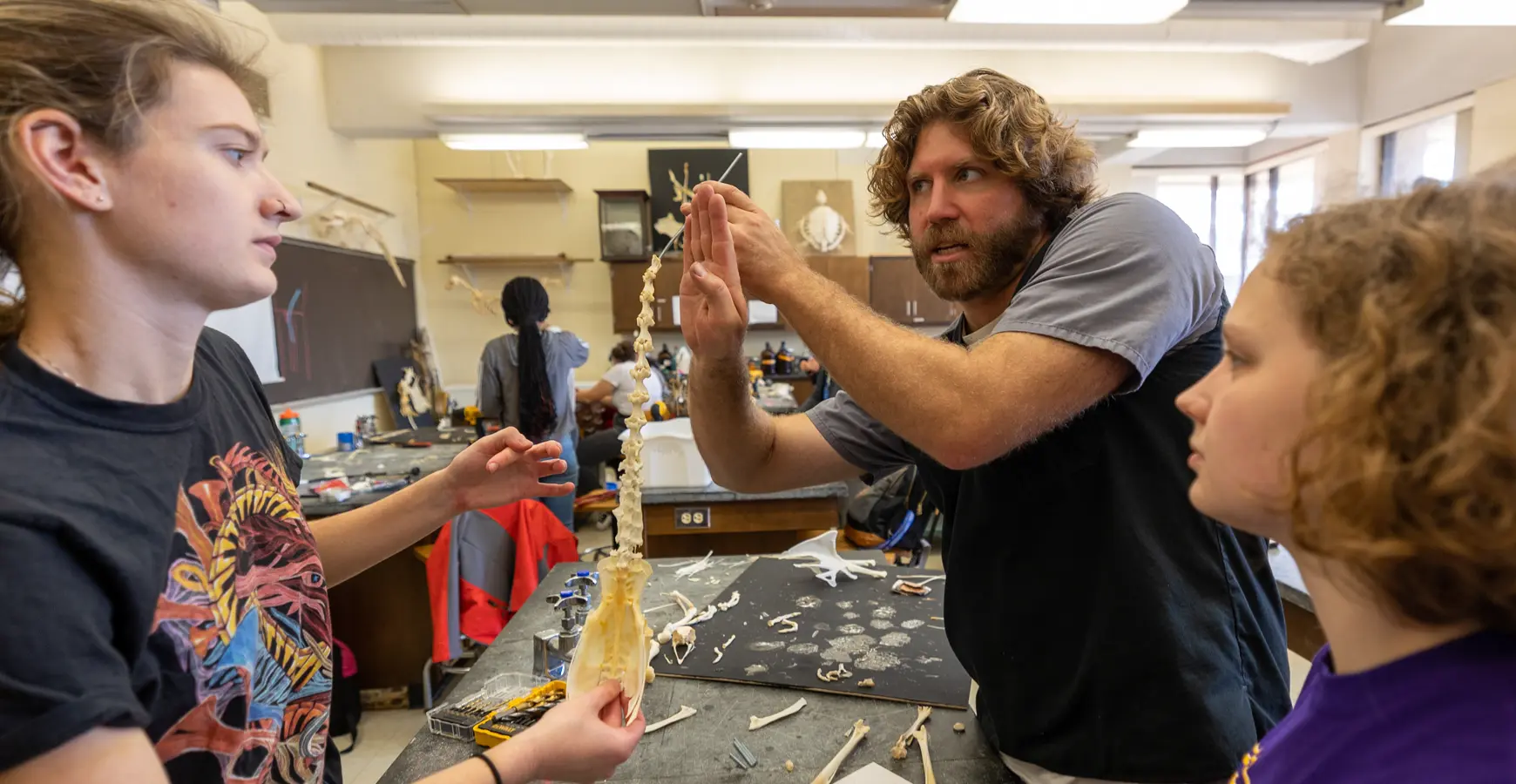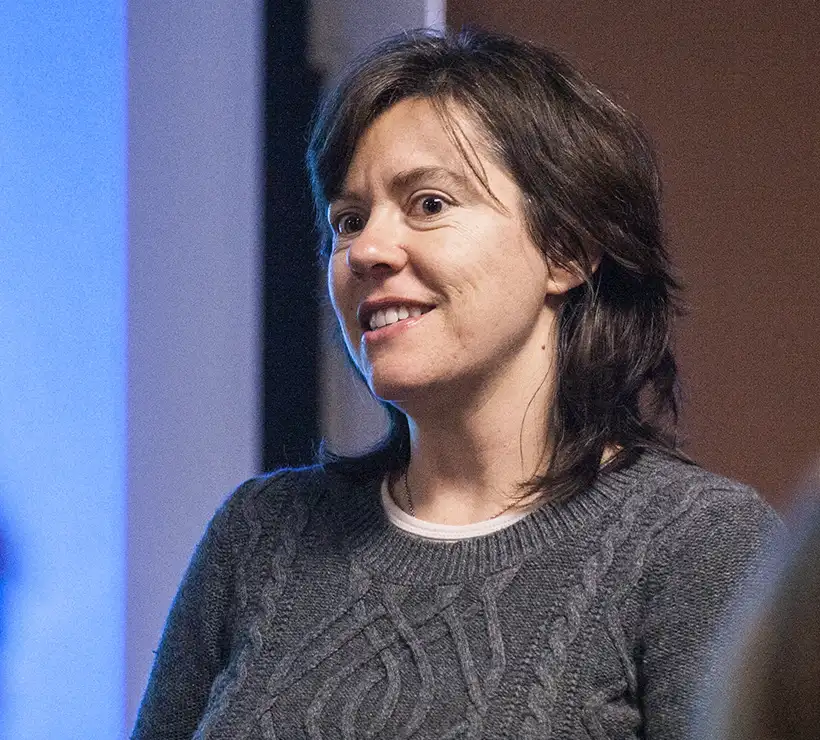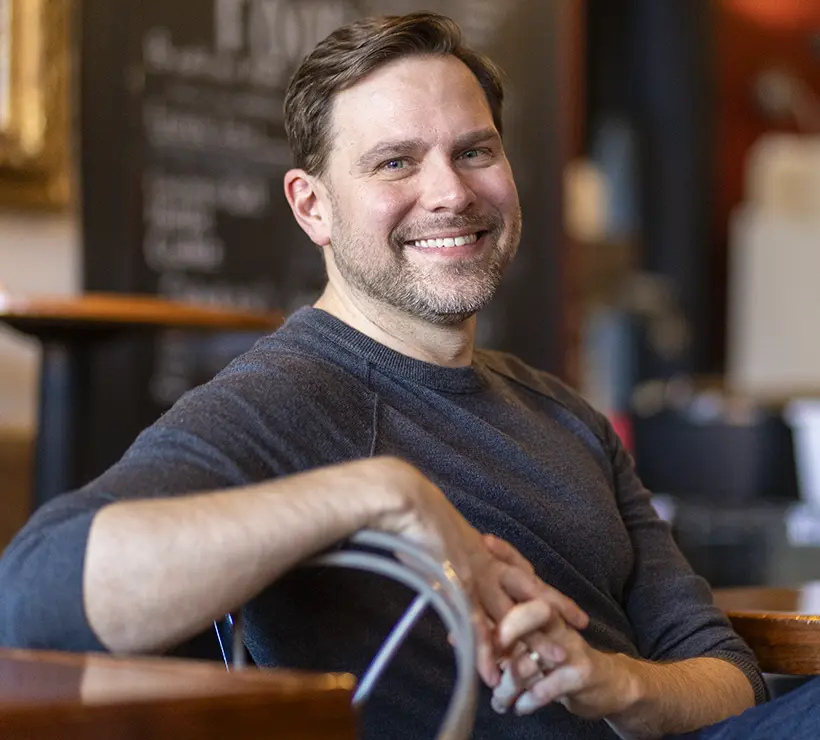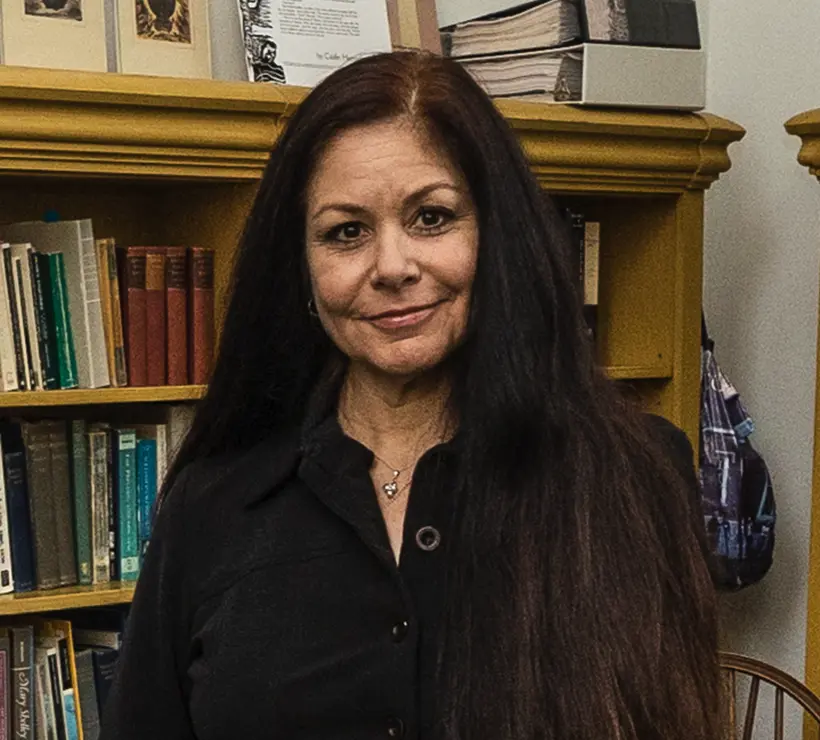
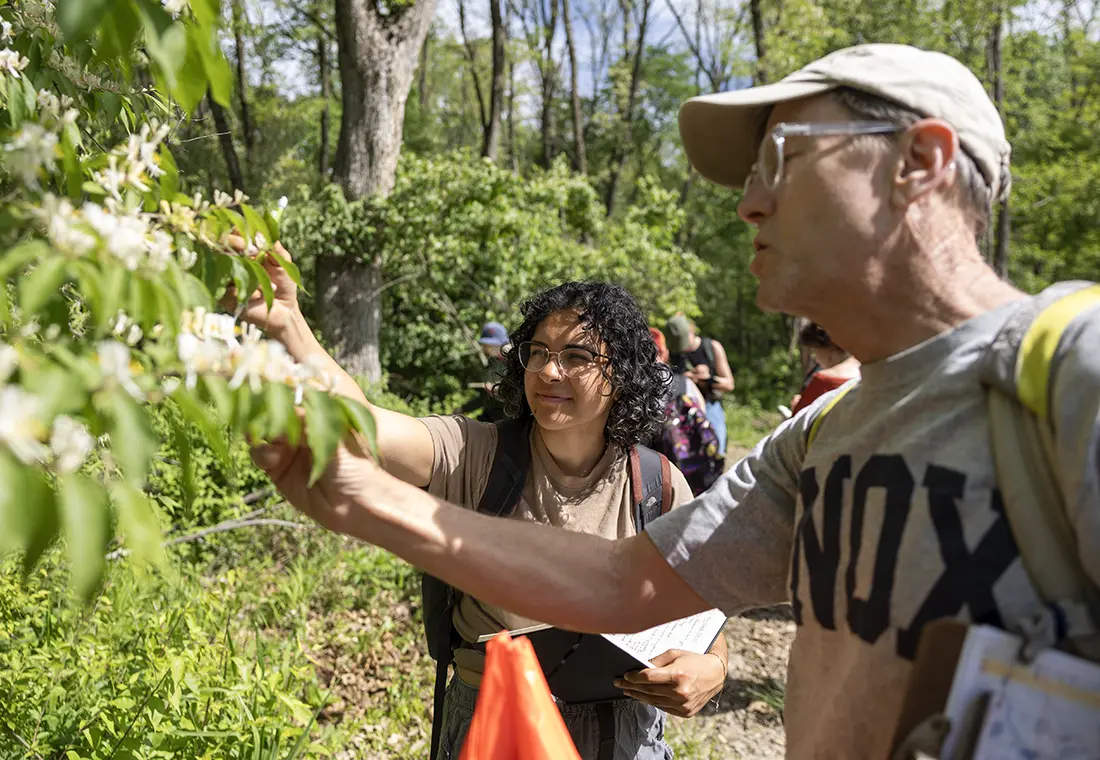
Knox College Faculty
They’re scholars, performers, scientists, and working artists. But above all, they’re teachers.
Where Everybody Knows Your Name
Not only will you be taught by leading scholars in their fields, your professors will know your name, you'll know theirs, and that's just the start.
96%
of Faculty have their Ph.D.
14
Average Class Size
11:1
Student-Faculty Ratio
Recent Publications
One of the reasons our professors are excellent teachers is because they are students, too. Here are the most recent publications from Knox faculty.



